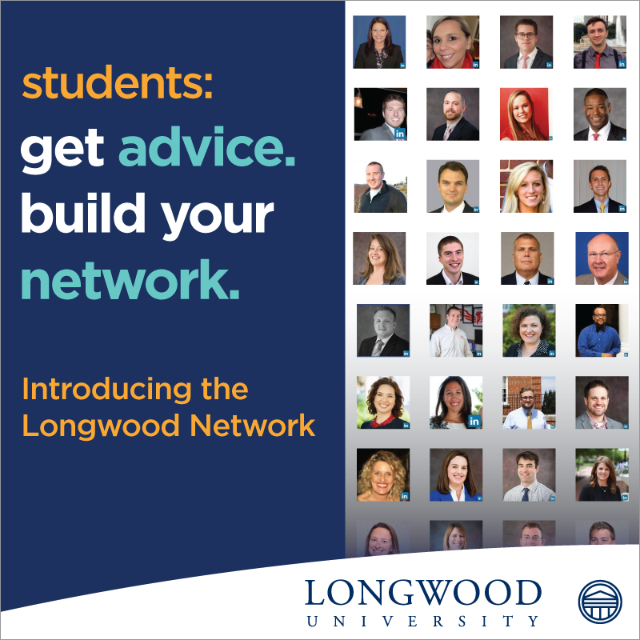For graduating seniors it’s time to shift the job search into overdrive. With Commencement in sight, soon-to-be alumni all over campus are filling in spreadsheets with rows and rows of jobs they’ve applied for all over the state and country.
Unfortunately, the vast majority of jobs particularly those with competitive applicant pools are not obtained simply by submitting a thoughtful cover letter and a well-crafted resume.
Here’s how it really works…
When a hiring manager has a job open that needs to be filled, she asks her immediate colleagues this question, “Who do you know that would be great in this role?” Her colleagues send over names if they know of anyone, and then the hiring manager stores those names separately in a “referral group.” The rest of the applicants come through the online job application portal.
The vast majority of jobs are obtained by candidates that are submitted into a referral group to the hiring manager. The reason is that hiring managers are able to better trust applicants that have been suggested to them by colleagues. Sure, applying for the job online is a formality but statistics say that between 70-80% of all jobs are obtained through referrals.
The old saying of “it’s all about who you know” is applicable here but not quite correct. The right way to think about this that “it’s all about who knows you.”
For example, if a graduating senior hopes to live in Richmond and work in advertising at The Martin Agency, he needs to have people inside the organization willing to provide a referral for a future job opening. That means developing relationships inside the agency before the job has even become available.
Here are five steps to take in order to build a strategic network of connections that will provide future referrals. Seniors should begin this process immediately.
Step 1: Build a great Linkedin profile.
This step is absolutely critical. All graduating seniors (all students in general) must have a top notch Linkedin profile. Linkedin has a resource for college students looking to create a profile.
Step 2: Use Linkedin to identify and target 5-10 organizations in a desired location that frequently post entry level positions.
Hiring managers want to hire new graduates that have some sense of what they’d like to do and where they’d like to work. Take the time to conduct research and focus on a specific group of organizations. Job seekers must be able to explain to a hiring manager why they’re a great fit for that organization. Don’t just apply all over the place.
Step 3: Connect with Longwood alumni on Linkedin that work for these targeted organizations.
Linkedin has set-up a University Page for Longwood that’s searchable for alumni that live in particular locales and work in specific field and organizations. Seniors should customize each connection request with the following language (or similar).
“Hi, I’m Steve Senior at Longwood and I’d love to learn more about you and your work at The Martin Agency. I’d love to connect with you and would appreciate the opportunity to connect with you for 15 minutes by phone, Skype or in-person to ask you about your job.”
If the connection request is accepted but no response is given, follow-up by email or by phone. Phone is better.
Step 4: Cross-reference Longwood alumni in The Longwood Network and find people willing to help.
Although many alumni will reply through Linkedin, Longwood’s Office of Alumni and Career Services has provided a unique tool for students to find alumni willing to help. Log-in using a Linkedin profile and find alumni through the Directory. There are over 1,000 alumni in the Longwood Network that have specifically said they’d like to help students by providing career advice.
Step 5: Schedule and prepare for “informational interviews.”
Referrals are obtained through short informational interviews. For new grads, the goals for having an informational interview are simple: 1) to make a good impression by asking great questions, 2) to make it clear exactly what type of role is of interest, and why, and 3) to ask for an introduction to another person inside the organization.
These same guidelines also apply for freshman, sophomores, and juniors looking for internships or to get a jump start on a job after graduation. The goal is to have informational interviews starting with alumni in a targeted group of organizations. When a job opens up and the hiring manager is looking for referrals, students or alumni that have done this work in advance dramatically increase their chances of getting hired.
About the Author






Leave a Comment